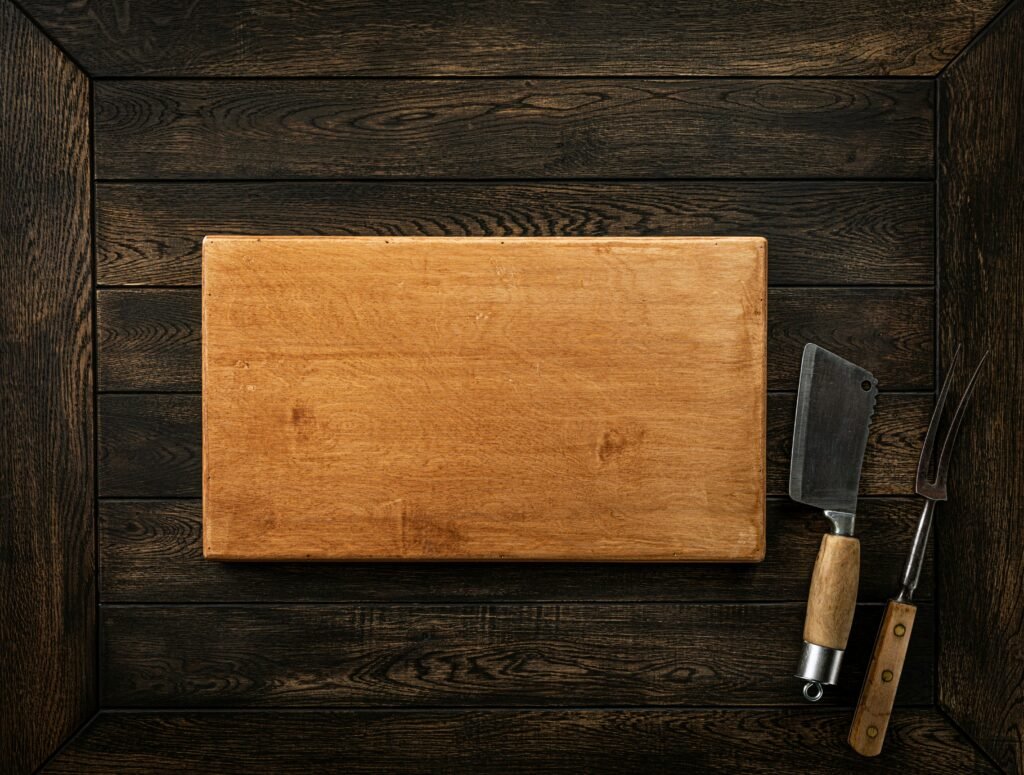Taking care of a home is not just about cleaning or decorating it. There are small, everyday habits that can make the difference between a well-maintained home and one full of hidden problems. Many of these mistakes are so common that they go unnoticed… until they cause clogs, odors or costly repairs.
Here are 6 important things you probably didn’t know that will help you protect your home in a smart way.
1. Do not flush wet wipes or tampons down the toilet: they do not flush and cause clogging.
Although many wipes claim to be “disposable,” most do not decompose like toilet paper. When flushed down the toilet, they accumulate in pipes, causing serious clogs at home or even in city sewage systems. The same is true of tampons, which are designed to absorb, not dispose of. Their size and composition cause them to clog easily in the drainage system. This common mistake leads to costly repairs and may require the intervention of a plumber.
What to do:
Always throw wipes and tampons in the trash, even if the package says they are “flushable.”
2. Never pour used oil down the sink: it clogs the pipes.
Used cooking oil appears harmless when it is liquid, but when it cools, it solidifies and sticks to the walls of pipes, forming clogs that are difficult to remove. It also seriously pollutes the water and the environment.
What to do:
Let the oil cool, pour it into a closed container and take it to a clean point or recycle according to local regulations.
3. Clean kitchen exhaust fan filters regularly.
Many people forget about the filters in the extractor or stove hood. Over time, they become filled with grease, which not only reduces their efficiency, but can also be a fire hazard.
What to do:
Wash them at least once a month with hot water and degreaser, or place them in the dishwasher if they are dishwasher safe.
4. Dust the back of the refrigerator.
Dust accumulation on the rear grill of the refrigerator reduces its efficiency and can cause it to consume up to 15% more energy. It also strains the motor and shortens its life.
What to do:
Once or twice a year, unplug the refrigerator and use a vacuum cleaner or duster to remove accumulated dust from the rear rack or bottom.
5. Ventilate the house every day, even in the winter.
It may seem unnecessary, but a daily ventilation of 5 to 10 minutes prevents the accumulation of moisture, mold, odors and dust mites. It also improves indoor air quality, which is crucial for health. Ventilate closets and drawers from time to time as well.
What to do:
Open the windows crosswise (on opposite sides of the house) once a day, even if it’s cold. The fresh air renews the whole environment.
6. Use the cold water from the shower: reuse it for the toilet.
When we turn on the shower, the water takes a few minutes to heat up, and during that time we tend to let it run without thinking about the waste. That perfectly clean water can be put to good use for other household chores.
What to do:
Place a bucket under the shower while you wait for the water to heat up. Then, you can use that water to fill the toilet tank or directly flush it down the toilet after peeing. A simple way to save liters of water per day without effort.
Conclusion
Often, the greatest damage to a house does not come from major disasters, but from small carelessness repeated over time. Avoiding flushing wipes down the toilet, not pouring oil down the sink or cleaning filters regularly are simple gestures that protect your home and your pocket.
Were you surprised by any of these tips? Start applying them today and give your home the smart care it deserves.


